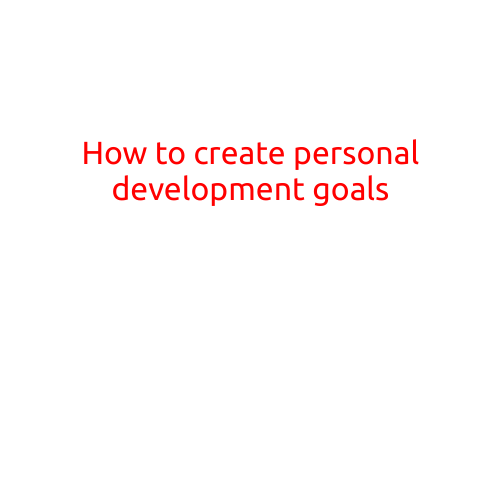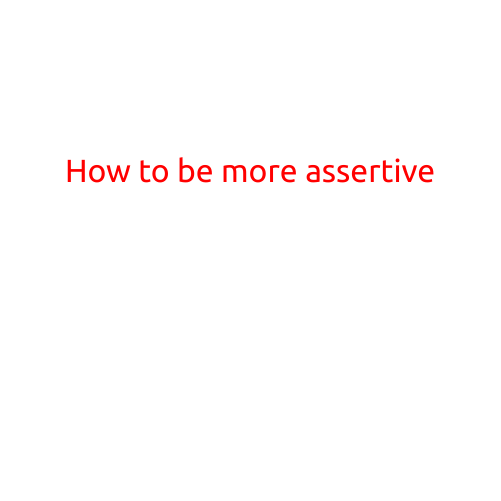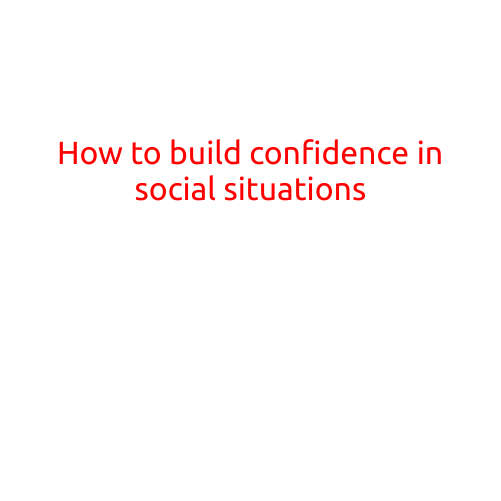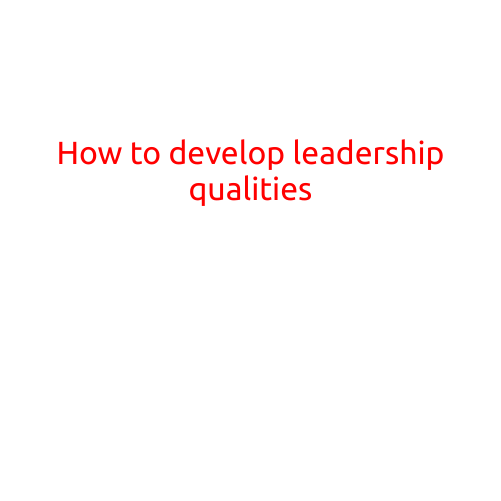
What is the Key to Living a Balanced Life?
Living a balanced life is a topic that has been debated by many experts and individuals alike. With the demands of modern society, it’s easy to get caught up in the hustle and bustle of daily life and lose sight of what truly matters. But what does it mean to live a balanced life, and what are the key elements that contribute to achieving this harmony?
Defining Balance
Balance is often defined as the state of being in equilibrium, where different elements or forces are evenly distributed and harmonious. In the context of living, balance means finding a sense of stability and equilibrium in all areas of life, including work, relationships, health, self-care, and personal goals.
The Key Elements of a Balanced Life
While what constitutes a balanced life may vary from person to person, there are several key elements that can help you achieve this state of harmony. Here are some of the most important ones:
- Prioritization: The ability to prioritize tasks, responsibilities, and relationships is crucial to a balanced life. Learn to say no to non-essential commitments and focus on what truly matters to you.
- Time Management: Effective time management is the key to achieving a balance between work, leisure, and personal responsibilities. Create a schedule that allows you to allocate time for all aspects of your life.
- Self-Care: Taking care of your physical, emotional, and mental well-being is essential to a balanced life. Make time for activities that nourish your body, mind, and spirit, such as exercise, meditation, and spending time in nature.
- Mindfulness: Practicing mindfulness and living in the present moment can help you stay grounded and centered. This involves being aware of your thoughts, emotions, and actions, and making conscious choices that align with your values and goals.
- Gratitude: Focusing on what you’re grateful for each day can help shift your perspective and cultivate a sense of balance. Take time to reflect on the good things in your life and express thanks to those who have made a positive impact.
- Boundaries: Setting healthy boundaries with others is crucial to maintaining a sense of balance. Learn to set limits on what you’re willing to take on, and prioritize your own needs and well-being.
- Flexibility: Life is unpredictable, and unexpected challenges will arise. Developing flexibility and adaptability can help you navigate these challenges with ease and maintain a sense of balance.
- Purpose: Having a sense of purpose and direction can help you stay motivated and focused on what’s truly important. Set clear goals for yourself and align your actions with your values and aspirations.
Conclusion
Living a balanced life is not a one-size-fits-all approach. It’s a personal journey that requires self-awareness, intention, and commitment. By prioritizing the key elements outlined above, you can create a life that is harmonious, fulfilling, and aligned with your values and aspirations. Remember, balance is not about achieving perfection; it’s about embracing imperfection and finding a sense of equilibrium that allows you to thrive in all aspects of your life.





